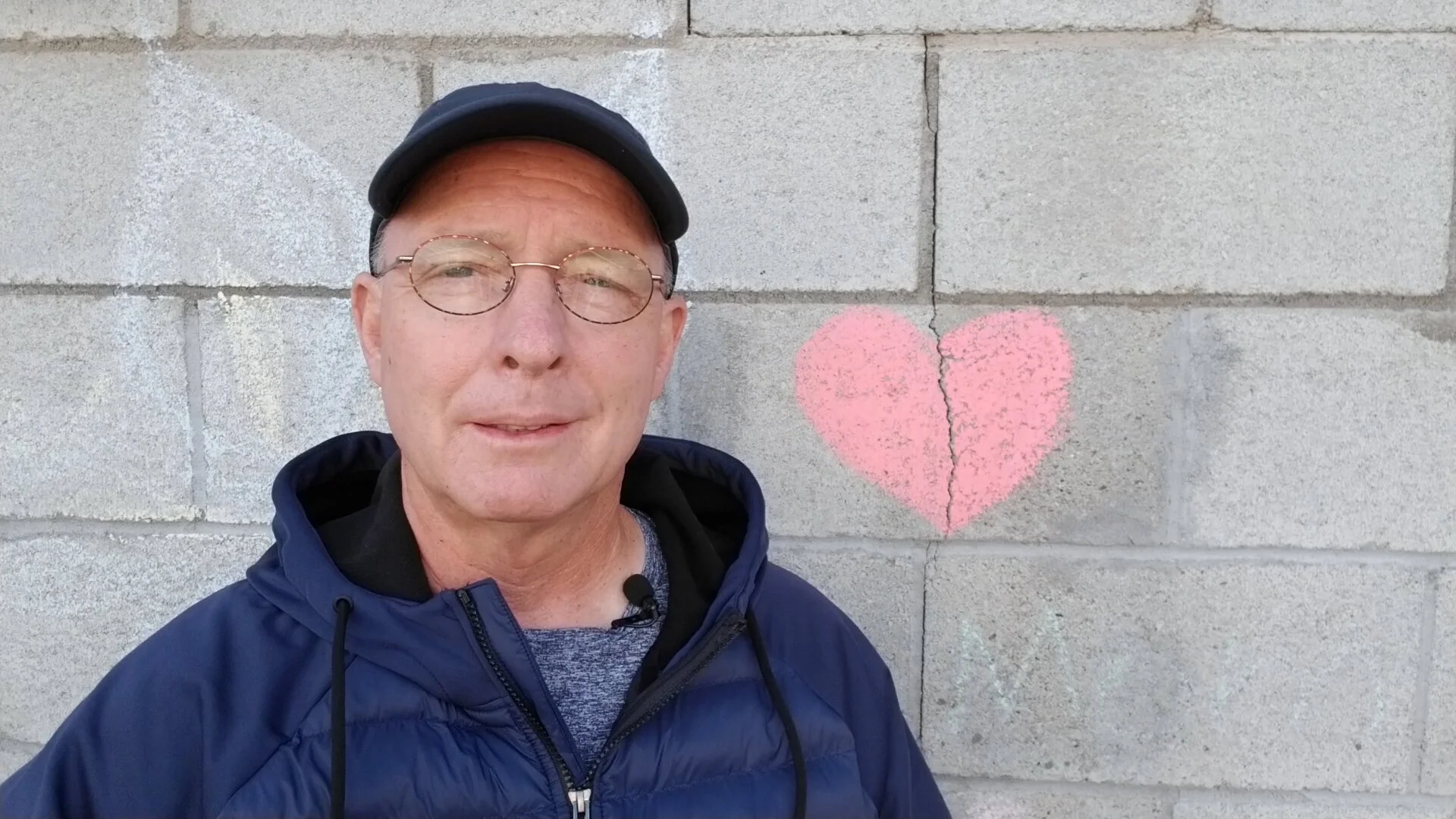It’s likely that Lazarus had already died by the time the urgent message from his sisters imploring Jesus to come to Bethany was received. Then, the Lord waited two more days before starting the journey. And John 11:17 states that by the time he arrived, Lazarus had already been in the tomb four days. Jesus’ apparent failure to answer their cry for help must have been heartbreaking and crushingly difficult for Martha and Mary to comprehend.
Verses 18-20 tell us that in the meantime, they’d been surrounded in their grief with the presence and comfort of friends as well as religious leaders who’d come from Jerusalem to be with them in their time of need.
Then, as word of the Lord’s imminent arrival reached them, we’re told that Martha immediately left that circle of support and went out to meet him, but Mary chose to remain with the mourners at their home. This difference in how they responded to Jesus in their time of disappointment and heartache begs an important question.
How should we handle those times of deep disillusionment when it feels like God has failed us? Do we run to bring our heartache and confusion to him or remain huddled with our grief and nurse our sense of betrayal?
I was a young staff pastor when I got a call in the middle of the night. An airline pilot who was part of the Bible study group I was leading had just perished in a plane crash. He was a new husband with a new baby, and his sudden passing shook me to my core.
My wife and I quickly joined the brigade of friends and family who were mourning with his wife and attempting to surround her with care and comfort. And although we all did our best to provide what she needed, we quickly discovered the limitations of what we could offer.
But I was amazed to watch her purposefully gather up her load of unbearable pain, profound loss, overwhelming fear, along with deep confusion and bring it to Jesus. It wasn’t that she was in denial of her grief process. But she had awakened, at a very deep level, to an awareness of her desperate need for the Savior in that dark season. And it was a wonder to witness the indescribable peace that began to settle over her soul as she welcomed the Lord’s presence into her pain and allowed him to shoulder her burden.
I believe that’s what opened the door to one of the most amazing things I’ve ever witnessed.
After I’d finished my part in the funeral service and taken my seat in the front row of the chapel, our lead pastor offered his closing remarks. He gave a brief and simple presentation of the gospel followed by an invitation to receive the saving grace of Jesus. He asked everyone to bow their heads. Then, he welcomed those who wanted to become Christ-followers to lift their eyes to meet his, and by that act acknowledge their decision.
Honestly, I was embarrassed by what he was doing. In the wake of such a devastating tragedy, I couldn’t imagine anyone choosing that moment to place their faith in Jesus. But with my head bowed and eyes closed, I heard my pastor begin to acknowledge those who were responding. I was so surprised, that I opened my eyes and started scanning the crowd for myself. And sure enough, people were committing their lives to Christ. And one specific couple captured my attention – the pilot’s parents. They walked into that service as unbelievers with every reason to not want anything to do with God. But they left that day having opened their hearts to the love of Jesus.
Disappointment, confusion, and sorrow always present us with a choice. And much is at stake. Do we wrap ourselves in the blanket of our pain and let it define our future or do we place it in the nail-scarred hands of the one whose comfort and power release redemption, restoration, renewal, and resurrection.


